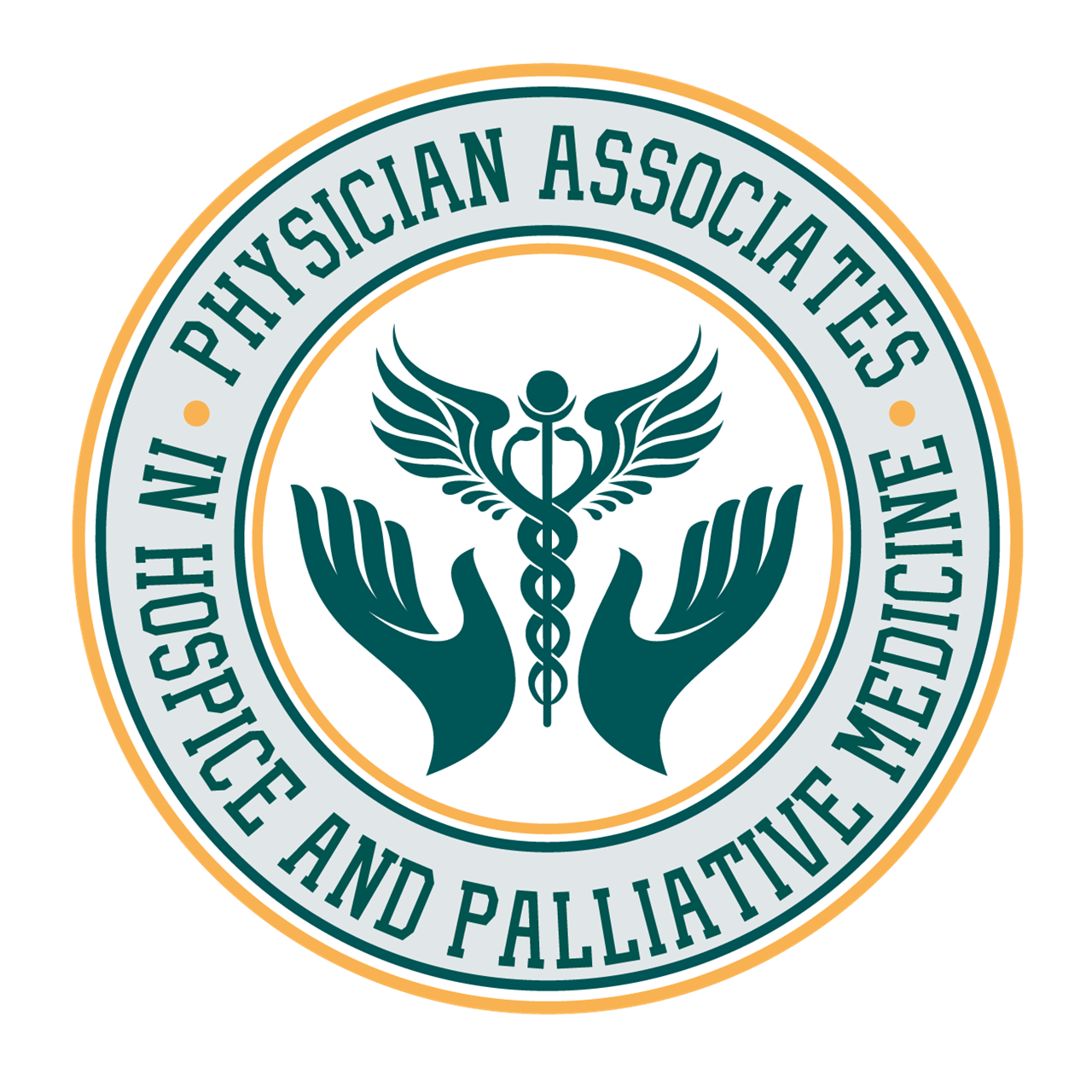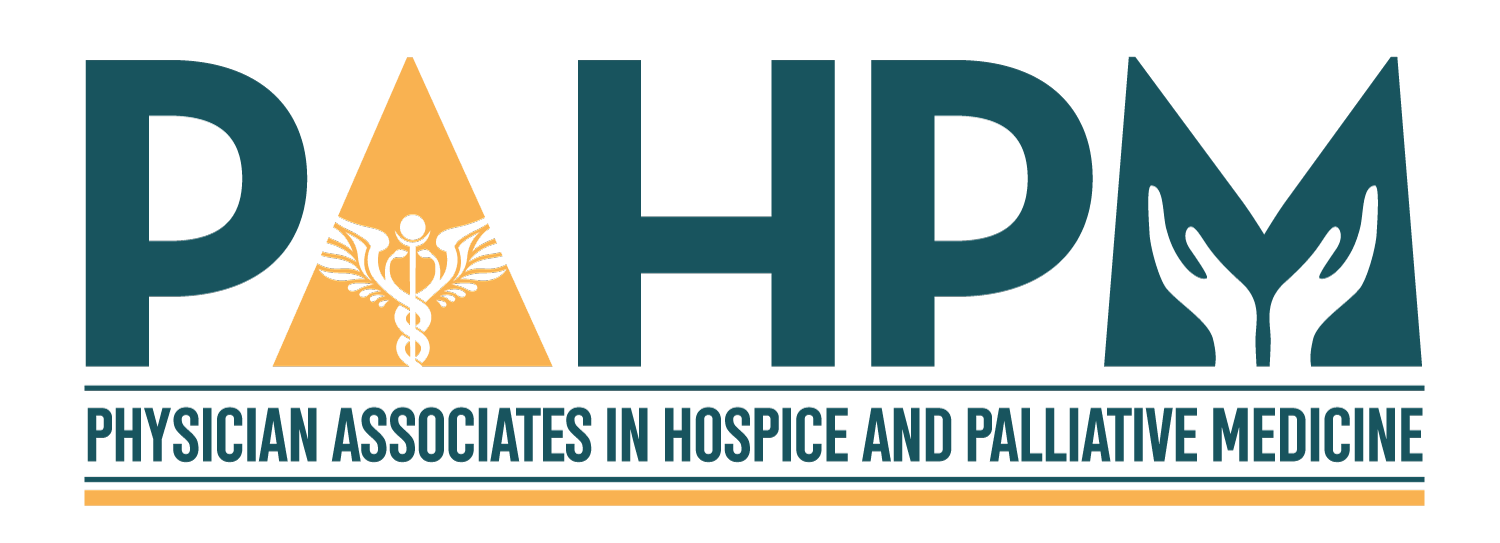Does your state have a POLST or MOLST - like form to document end-of-life issues? Many states do.
They are helpful and meant for those patients who:
- you would not be surprised if they died in the next 12 months from a life-threatening or serious illness.
- you would not be surprised if they were unable to share their own wishes in the next 12 months (think end-stage dementia, ALS, etc.)
They are not for healthy individuals.
More than half the states that have a POLST-like forms allow PAs to sign them independently. Still, some states require a physician co-signature, and some do not allow PAs to sign at all.
There is a National POLST Paradigm organization which has more information on POLST around the country. They actually have developed a National POLST form and there is some movement to adopt this. A great idea, but right now it's default is for PAs to require a signauture.
Thoughts?
What's your POLST experience? What are your questions?

